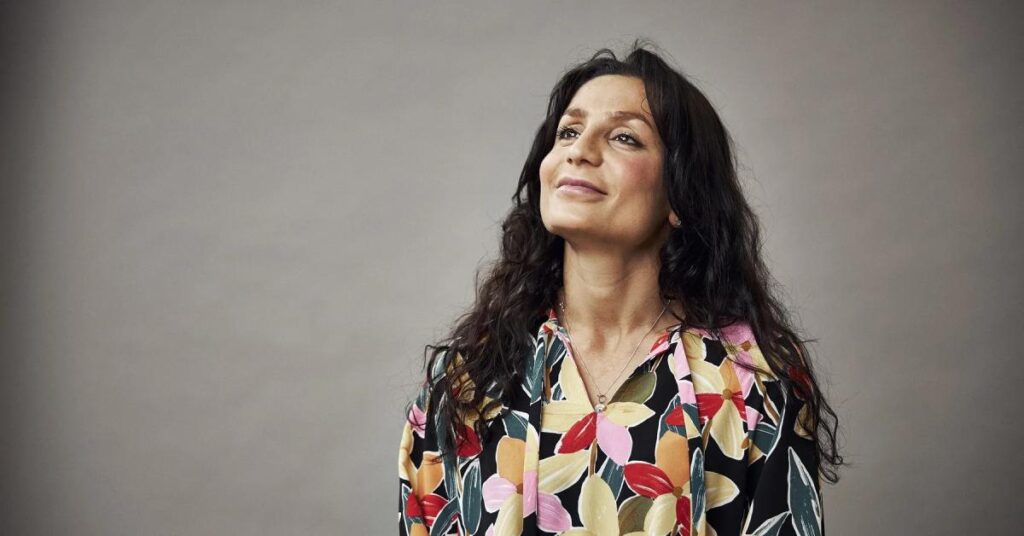

But for many women aspiring to a career in science, there are many hurdles to overcome before they can balance work and home life.
Often times, a male-dominated culture means some women cannot even consider taking on leadership positions in academia and may not feel satisfied with their own achievements.
For many years, women working in science, technology, engineering and mathematics (STEM) fields have faced significant gender disparities in these fields around the world. Despite significant progress towards increasing female participation in higher education, women are still underrepresented in these fields.
According to the UNESCO Institute for Statistics, less than 30% of the world’s researchers are women. Women in STEM fields publish less, receive less research compensation, and make less career progress than men.
Achieving gender equality in STEM fields is not just a matter of fairness and basic human rights: the fact that so many talented girls and women who are interested in STEM but face various obstacles choose to pursue careers in other fields is a missed opportunity, both for them and for society at large.
UNESCO is committed to recognising, publicising and supporting the outstanding research achievements of women scientists around the world.
The L’Oréal-UNESCO International Prize for Women in Science is awarded annually to five outstanding women scientists, one each from Africa and the Arab States, Asia and the Pacific, Europe, Latin America and the Caribbean, and North America, for their scientific achievements. The scientific fields eligible for the prize rotate each year between life sciences, physical sciences, mathematics, and computer science.
To encourage women in the early stages of their scientific careers, UNESCO and L’Oréal have also launched the International Emerging Talent Programme, which will select 15 of the most promising female scientists from among 275 national and regional fellows of the L’Oréal-UNESCO Women in Science Programme. These young women represent the future of science, and recognising their excellence will help them realise their full potential.
Tara Thomas Agency stands at the forefront of the entertainment industry, with years of experience dedicated to nurturing the most exceptional talents and successful acts.